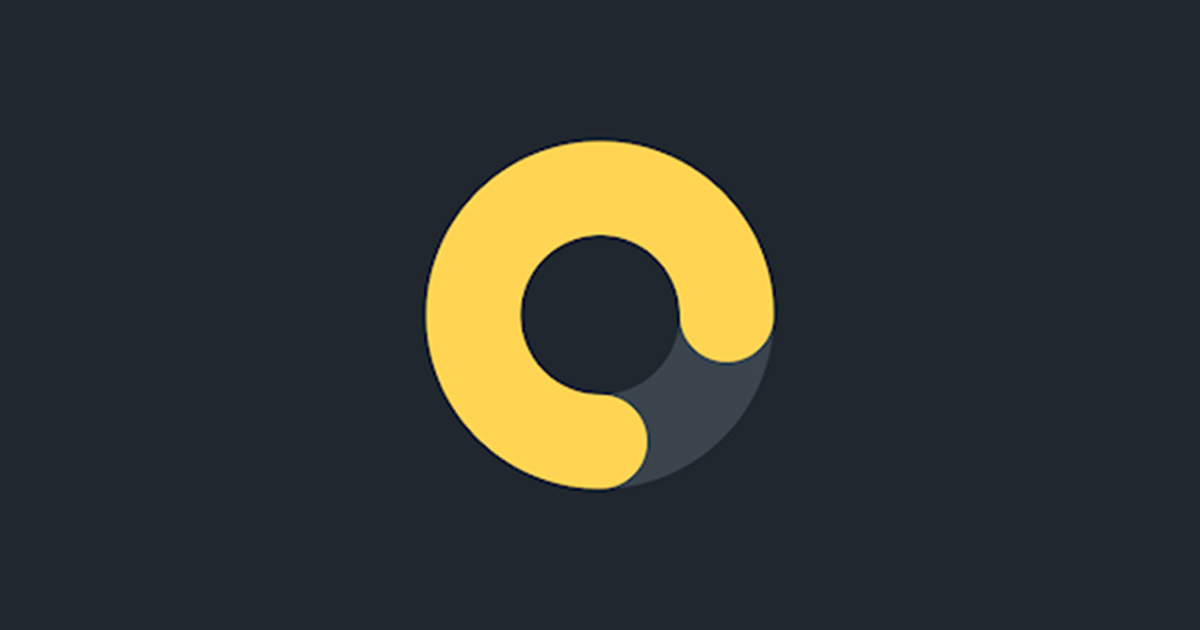Transforming the Calendar for Increased Focus and Productivity
The Origin Story of Software Startup Bloks (Formerly Nook)

Last Updated: By TRUiC Team
We’re all familiar with traditional calendars and calendar apps for productivity and juggling our daily priorities, but what if there was an even better way to utilize your calendar for maximum productivity?
Bloks is a startup that’s transforming the traditional calendar and giving busy professionals the ability to schedule smarter. They aimed to develop a calendar designed for clarity and reclaiming your time, allowing you to dramatically improve your productivity and focus while avoiding all of the distractions that bombard us on a regular basis.
With features like custom scheduling pages, calendar syncing, work locations, meeting time proposals, and simple meeting and event creation, Bloks is paving the way for a new type of calendar that lets anyone manage their schedule with extreme simplicity and laser focus.
In this origin story, we’ll walk through the history of Bloks and how they built their software startup from the ground up. We’ll begin by looking at how the founders came up with the idea for Bloks, what process they went through to build their company, and the future improvements, innovations, and growth plans the company has going forward.
Origin of the Bloks Startup Idea
We live in a world filled with distractions. Every day, thousands of meeting requests, notifications, messages, recordings, and documents fly at us from every direction, all clamoring for our undivided attention. Our attention is being solicited at every opportunity, threatening to steal our valuable time if we don’t take swift and continuous action.
Silencing the noise and thinking clearly is the essence of creativity and purpose, which is precisely what the Bloks team wanted to capture with the origin of their brand new calendar software startup.
Bloks was initially founded by Chadwick Carlson and Marc Gingras in 2021. Instead of simply building a “nicer-looking calendar app,” they wanted to fundamentally change how busy professionals and teams invest their energy and attention. If they could only figure out how to help others silence the noise and direct their attention to the work that truly matters to their businesses and companies, they’ll be able to make progress in leaps and bounds and achieve their professional goals with greater efficiency.
The idea for Nook Calendar came after the founders pivoted from their original idea – a booking system. During the COVID-19 pandemic, Nook was being used to book “seats” for employees who wanted to come into the office, allowing companies to track and monitor who was coming in and how many employees were allowed to be in the office at one time.
They validated the need for their service by landing several government contracts, but it soon became clear that people wouldn’t need a booking system going forward. The founders realized that a shift to a remote working environment meant employers needed to know where their remote workers were working from rather than managing how many employees went into the office.
Shortly after this realization, the Bloks founders pivoted to creating a calendar application that accommodated remote work, silenced the noise, and allowed their users to get “in the zone” with intense focus and clarity.
Development of the Startup
Once Chadwick Carlson and Marc Gingras validated their startup idea and pivoted to a calendar app focused on reducing distractions and enhancing productivity, it was time to focus and build their calendar app.
The co-founders had a background in the calendar space after founding Tungi nearly 20 years ago, ultimately selling the company to Blackberry. Since their foundational “calendar layer” had already been built, and they had the resources to build on top of it, they realized that pivoting Nook from a booking system to a calendar application was their best course of action.
Nook was originally named “GetWorking” when they first started the company. However, since remote work location was the primary focus of their app in their early development days, they changed the name to “Nook” to allow their users to visualize a comfortable, cozy environment where they could do their best work.
To begin acquiring users, they determined that the ideal target market for Nook was busy professionals from 30 to 60 years of age located in North America and Europe. These individuals worked in sales, recruiting, venture capital, media, tech, or executive roles.
After identifying their target market, they selected 50 users (friends and people they knew) who would provide them with constant feedback and let them know what they liked and didn’t like about their product. If these users liked the product, they agreed to share it and recommend it to their friends.
After this initial “beta testing” phase, they proceeded to do cold outreach in specific geographic locations where the founders had connections. They used social media channels to promote Nook and launched it on Product Hunt, earning the “Top Product of the Day” designation.
By following this strategy, Nook moved past its first 50 users and eventually acquired its first 100 customers through word of mouth and cold outreach. Their growth continues to accelerate from there, and the co-founders are proud of what they’re building and the impact their product will have on busy professionals worldwide.
What’s Next for Bloks?
Moving into the future, the Bloks co-founders want to continue building the best calendar app available for busy professionals, helping them gain focus and clarity while eliminating and silencing all distractions.
To achieve this growth, they plan to incorporate additional marketing strategies such as paid advertising campaigns, PR releases, conferences, and podcasts in the near future.
Currently, the Bloks team has pivoted into a calendar application that allows users to centralize their notes, keep track of action items, and stay on task in one central location instead of having to jump between multiple apps. Many people these days are using email, Slack, Microsoft Teams, and other applications simultaneously, making it more difficult to focus and stay on track.
Bloks is about to start a podcast in order to help listeners with their focus and productivity and continue to develop their application into one that centralizes notes, documents, and information.
The origin story of Bloks is a great example of identifying your target market, identifying a market need, and then pivoting your startup as required to identify the exact niche the business will enter. Bloks' founders were able to turn their idea into a real application that helps users all over the globe and brings clarity, focus, and productivity to workers everywhere.
Tell Us Your Startup Story
Are you a startup founder and want to share your entrepreneurial journey withh our readers? Click below to contact us today!





